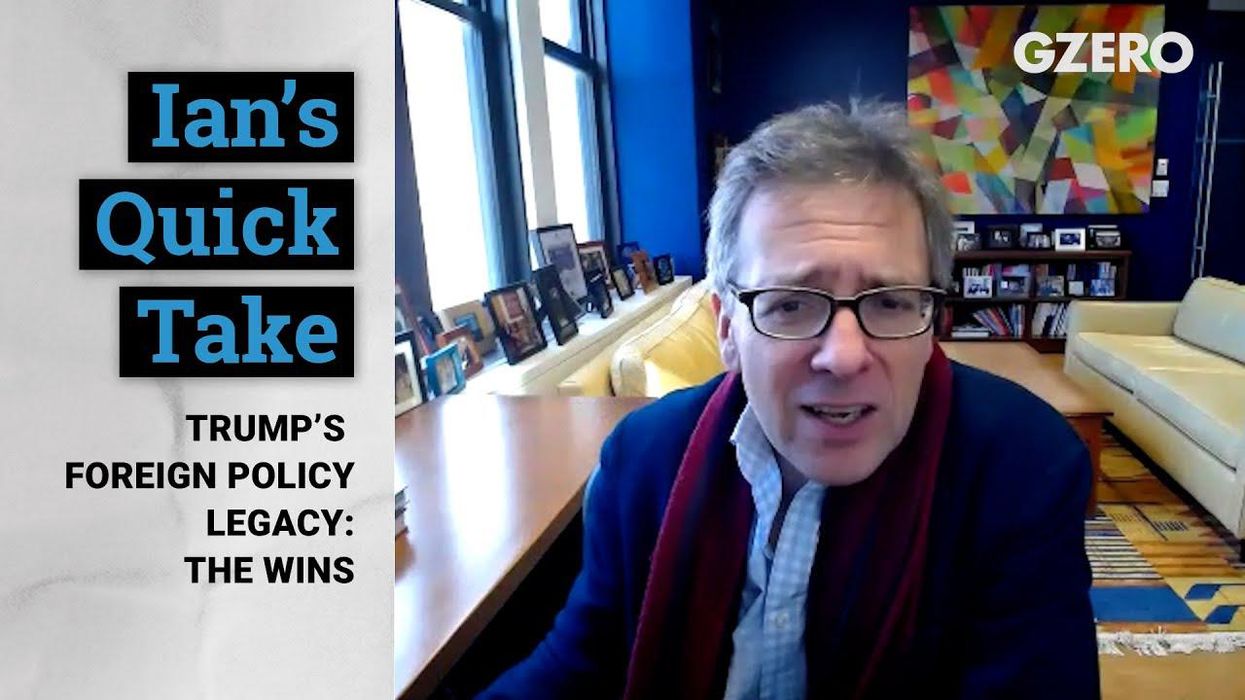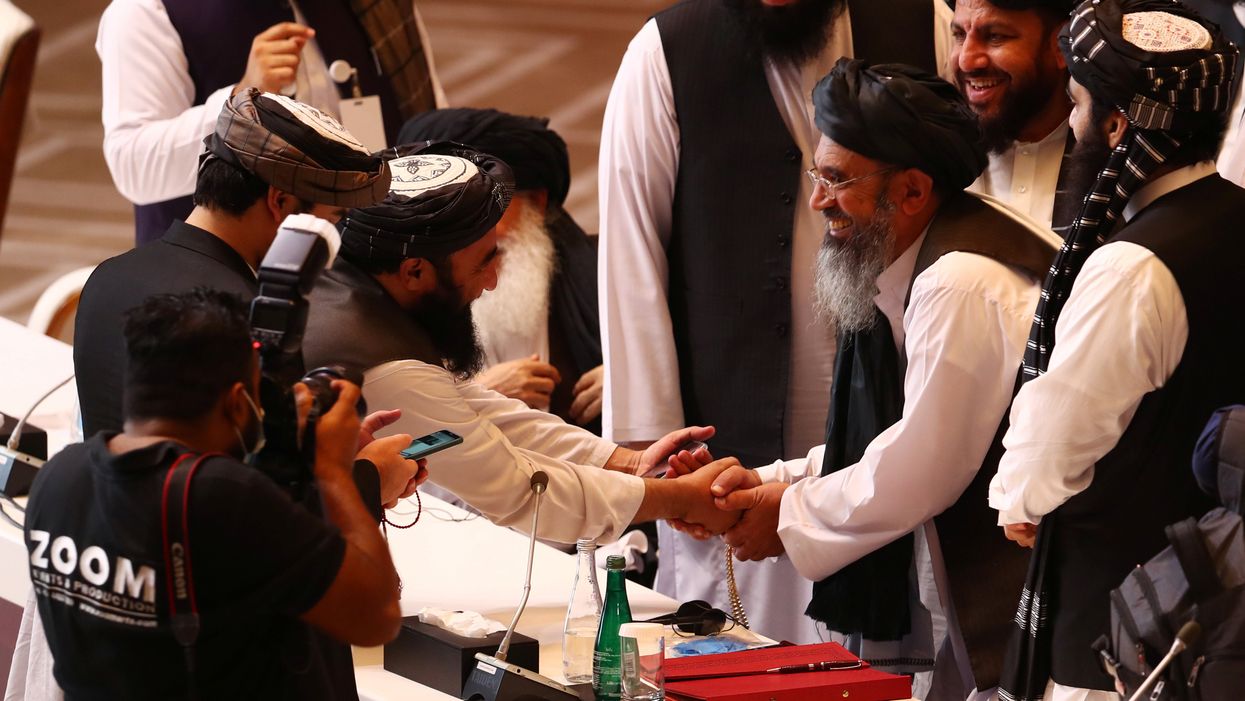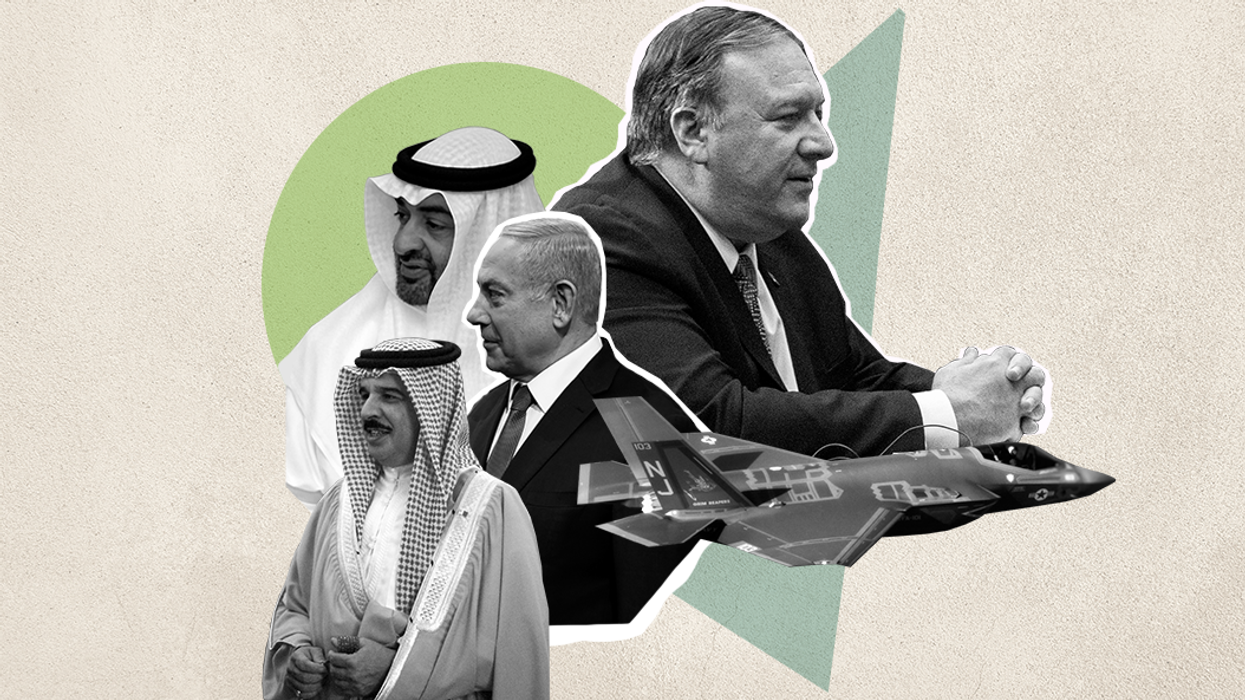Quick Take
Quick Take: Trump's foreign policy legacy - the wins
Ian Bremmer's Quick Take: Is there anything that the Trump administration has done that we think is better off in terms of foreign policy for the United States and in some cases for the world than it would have been if he hadn't been there?
Jan 20, 2021



